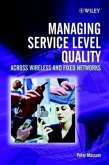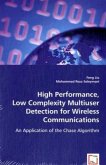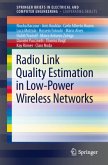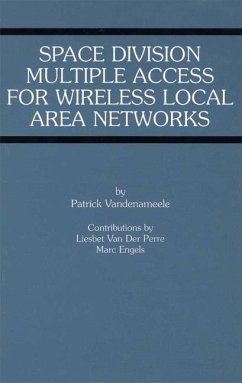Providing quality of service (QoS) guarantees is an important objective in the design of thenext-generation wireless networks. In this book, we address the QoS provisioning problem from both the network and the end system perspectives. In the first part of the book, we investigate the problem of statistical QoS provisioning from the network perspective. We propose and develop a link-layer channel model termed the effective capacity model. The effective capacity model captures the effect of channel fading on the queueing behavior of the link, using a computationally simple yet accurate model, and thus, is the critical device we need to design efficient QoS provisioning mechanisms. We call such an approach to channel modeling and QoS provisioning, as effective capacity approach. With the effective capacity approach, we obtain link-layer QoS measures for various scenarios. In the second part of the book, we focus our attention on QoS support from the end system perspective, andpresent our adaptive QoS controlapproach for real-time video communication overwireless channels.








